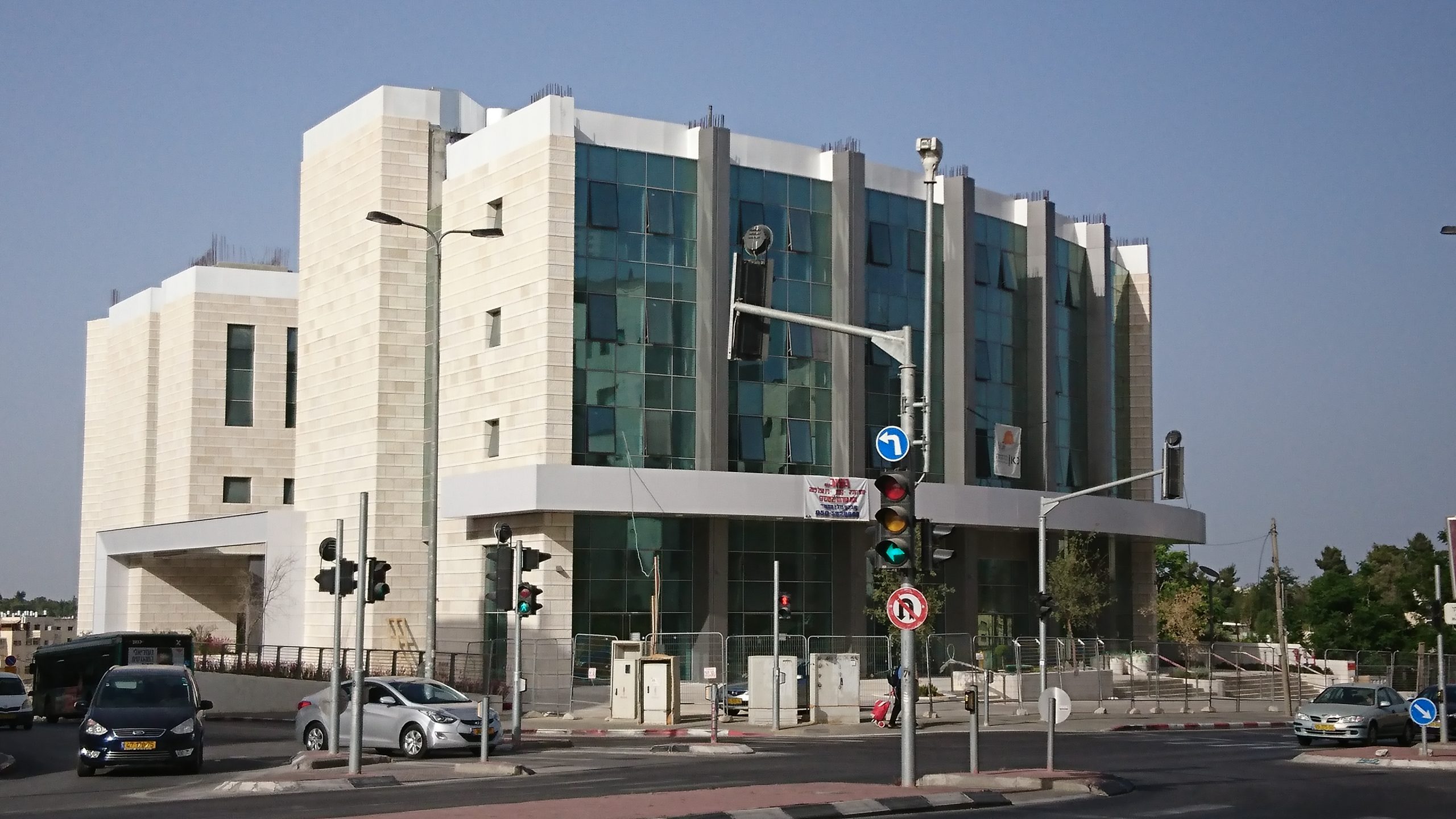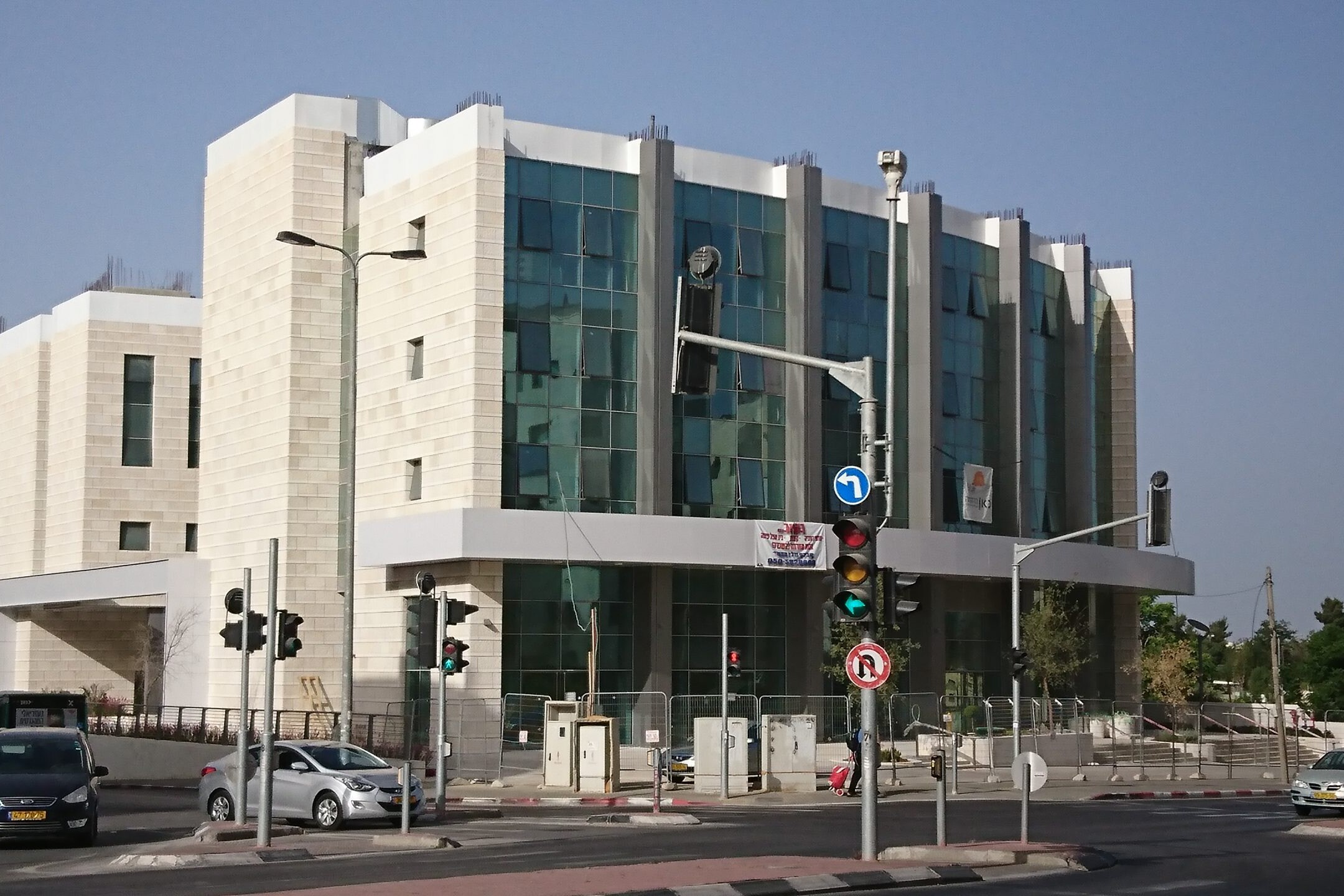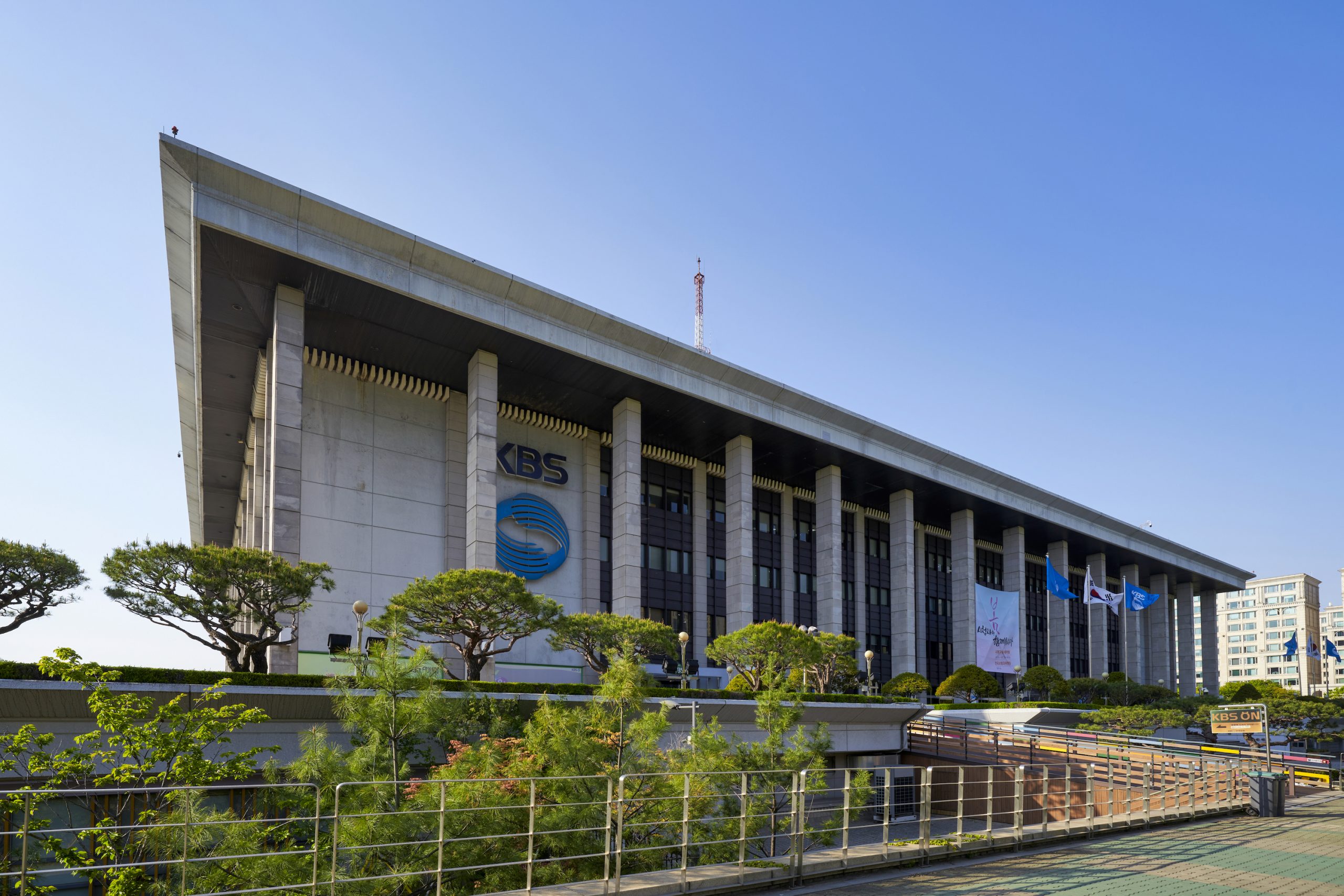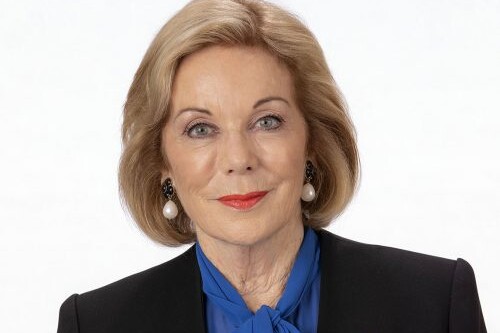Israel: Proposed reforms increase pressure on independent media
27th July 2023
Following the much-condemned judicial reforms, the Israeli government is once again turning its attention to independent media.

The Israeli Communications Minister, Shlomo Karhi, has unveiled a raft of reforms for the country’s media sector, which have been described as an attempt to “eliminate the press.”
The proposed changes follow the passage of highly controversial judicial reforms, which sought to limit the power of the Supreme Court and its role as a check on the power of the government. Critics decried the reforms as anti-democratic, and the legislation triggered mass protests in response.
Pressure on democratic institutions appears to be continuing with reforms now put forward for the media sector. These reforms have faced criticism for muzzling the press, defunding the public service broadcaster, Kan, and acting as a “bribe offer” to the pro-Netanyahu Channel 14.
This is not the first time this government has looked to target the public broadcaster. Earlier this year, the Communications Minister, also threatened Kan with privatisation. Those proposals were never followed through, as the government then prioritised the judicial reforms.
What is the Communications Minister now suggesting?
According to Haaretz, the proposals outlined by the minister would see two existing regulatory bodies – the Cable and Satellite Council and the Second Authority of Television and Radio – shuttered, and in their place, the creation of a new regulator.
The nine board members of this new authority would be appointed singularly by the government: three would be government officials, and five “public representatives”. However, two of these “public representatives” would be appointed by the Communications Minister, and the other three would be appointed by a committee made up of representatives from the Communications, Education and Justice ministries. The Chair, meanwhile, will be appointed by a separate committee, but will require government approval.
The government also plans to make it easier for networks to access licences to broadcast news. The current set up requires organisations to receive a specific licence for news to prevent commercial interests from influencing the news. This check would, therefore, be removed.
The funding stability of Kan is also at risk. One proposed reform is to ban Kan from airing advertisements. This would cut off a significant source of funding for Kan, which Haaretz reported as standing at USD 27.5 million. The broadcaster receives most of its funding (around USD 180 million) directly from the Israeli government.
Other reforms include:
- Establishing a new entity to measure ratings; and
- Stopping the oversight of TV and radio content, schedules, and investment.
Listen toour podcast
Uncovering and exploring the biggest
issues facing public media
What has the reaction been?
The Communications Minister defended the move, saying that “A public that was excluded for years from media will not be excluded anymore. The public can establish new channels, and place their views in the media. We want to add competition that will lower prices in this market.”
However, journalists, media organisations, and opposition politicians have condemned the proposals, which have largely been seen as a move to deregulate the news industry, benefit pro-government outlets, and put pressure on the public service broadcaster.
“Implementation of this destructive plan, which includes government supervision and censorship of news as is customary in dictatorships, will lead to serious harm to Israeli democracy, freedom of expression and journalism in Israel,” said Israel’s public broadcaster, alongside Channel 12 and Channel 13, in a statement, which was quoted in The Times of Israel.
“On the way to dismantling democracy – Minister Karhi is trying to eliminate the press,” the Journalists Association of Jerusalem said in a statement. “Deliberately, Minister Karhi removes any restriction on the bodies that broadcast news and creates a media environment that will turn Israel into a fake news powerhouse.”
Meanwhile, opposition leader, Yair Lapid, said on Twitter that the reforms are “a bribe offer to the owner of channel 14, this is a complete crushing of the freedom of the press, this is an attempt to eliminate the television channels that do not bow to the government.”
מה שהניח השר קרעי אינה רפורמה.
זוהי הצעת שוחד לבעלים של ערוץ 14, זהו ריסוק מוחלט של חופשהעתונות, זהו נסיון לחסל את ערוצי הטלוויזיה שאינם מתקפלים בפני השלטון.
רק במדינות טוטליטריות הממשלה שולטת בתקשורת ההמונים כמו שמציע קרעי. pic.twitter.com/8SKB5KlnrU
— יאיר לפיד – Yair Lapid (@yairlapid) July 17, 2023
The Public Media Alliance is highly concerned by these developments. Having already threatened to privatise the public broadcaster, Kan, the proposed reforms could not only weaken Kan but also independent media more widely. Such reforms could have an enormous impact on the ability of Israeli citizens to access independent and impartial news, thereby carrying severe consequences for the democratic health of the nation.
Related Posts
17th June 2022
ABC Chair, Ita Buttrose, calls for press freedom reforms
The ABC Chair, Ita Buttrose, has called…




